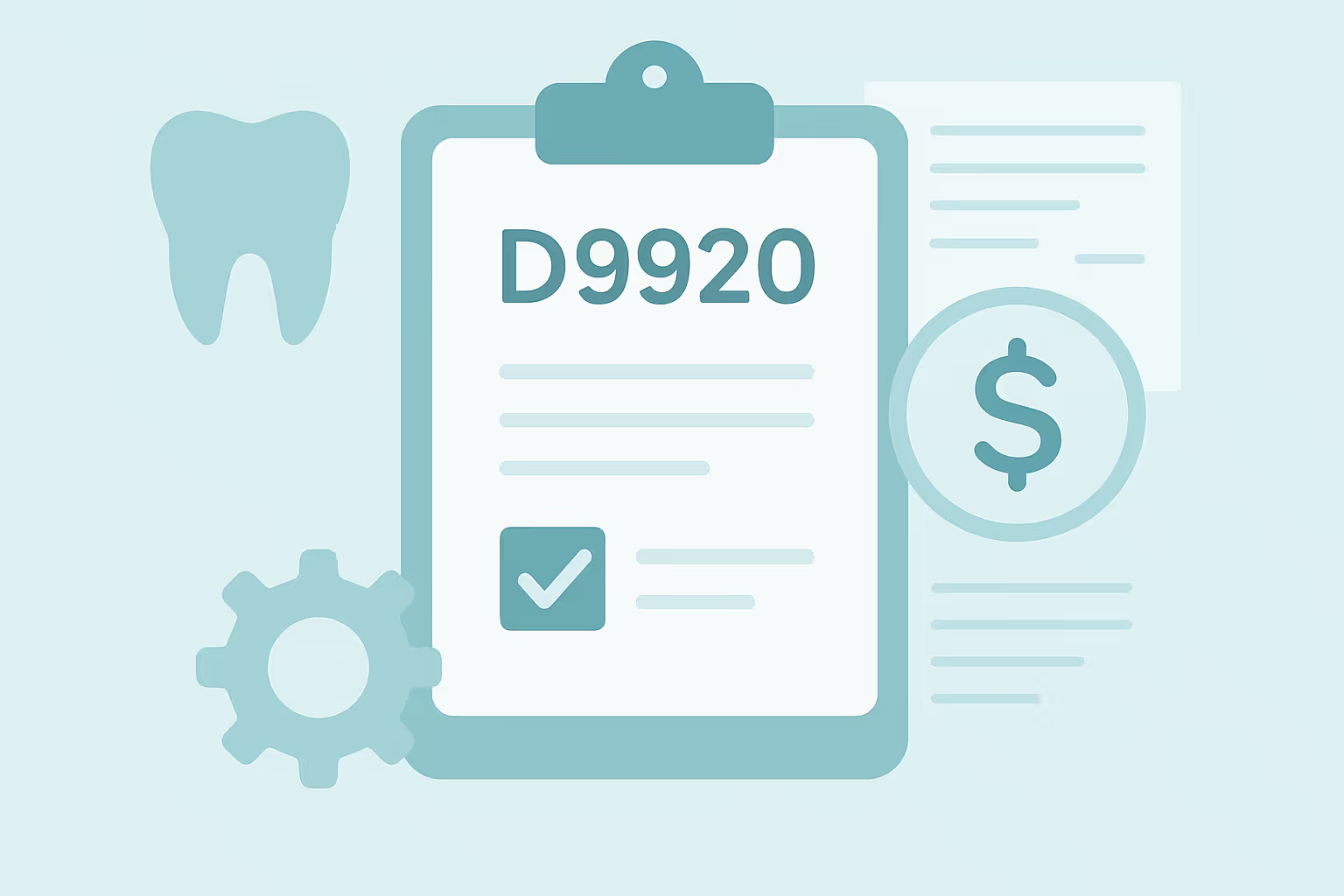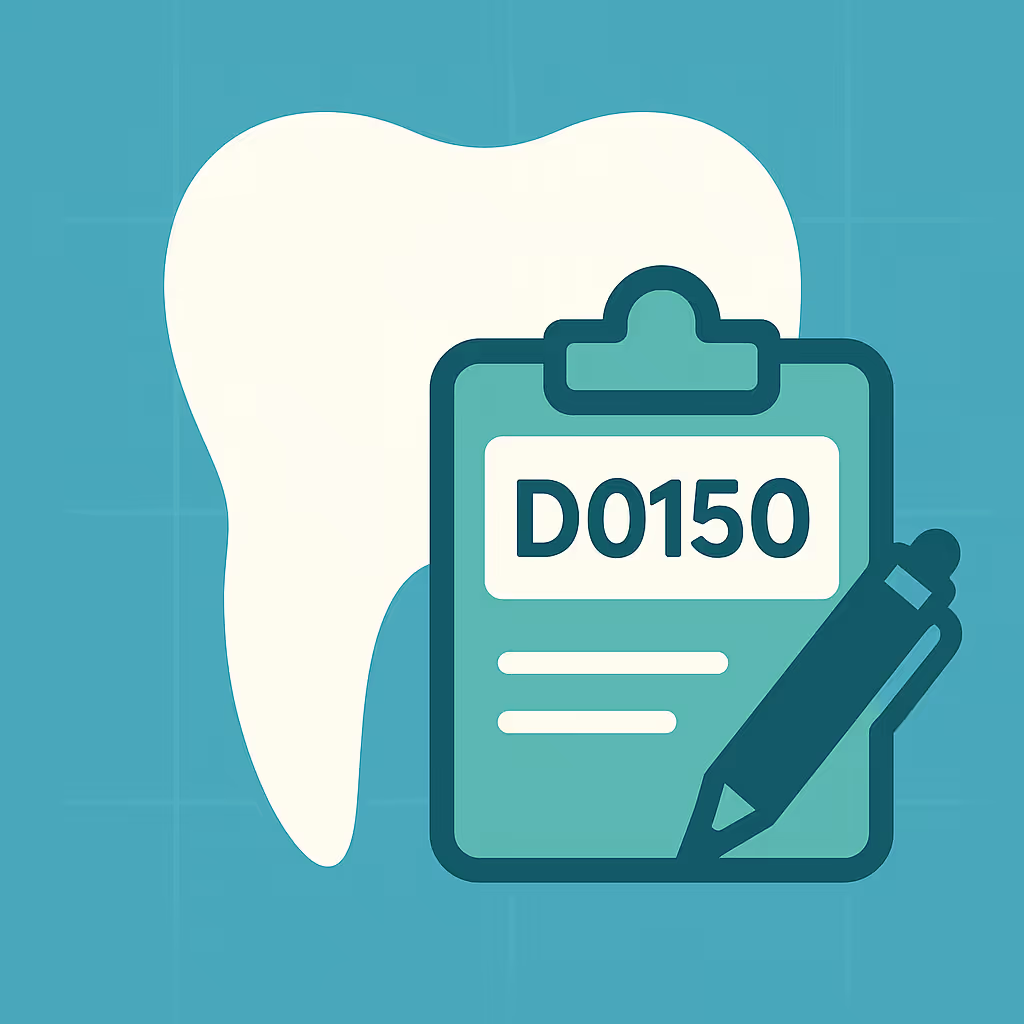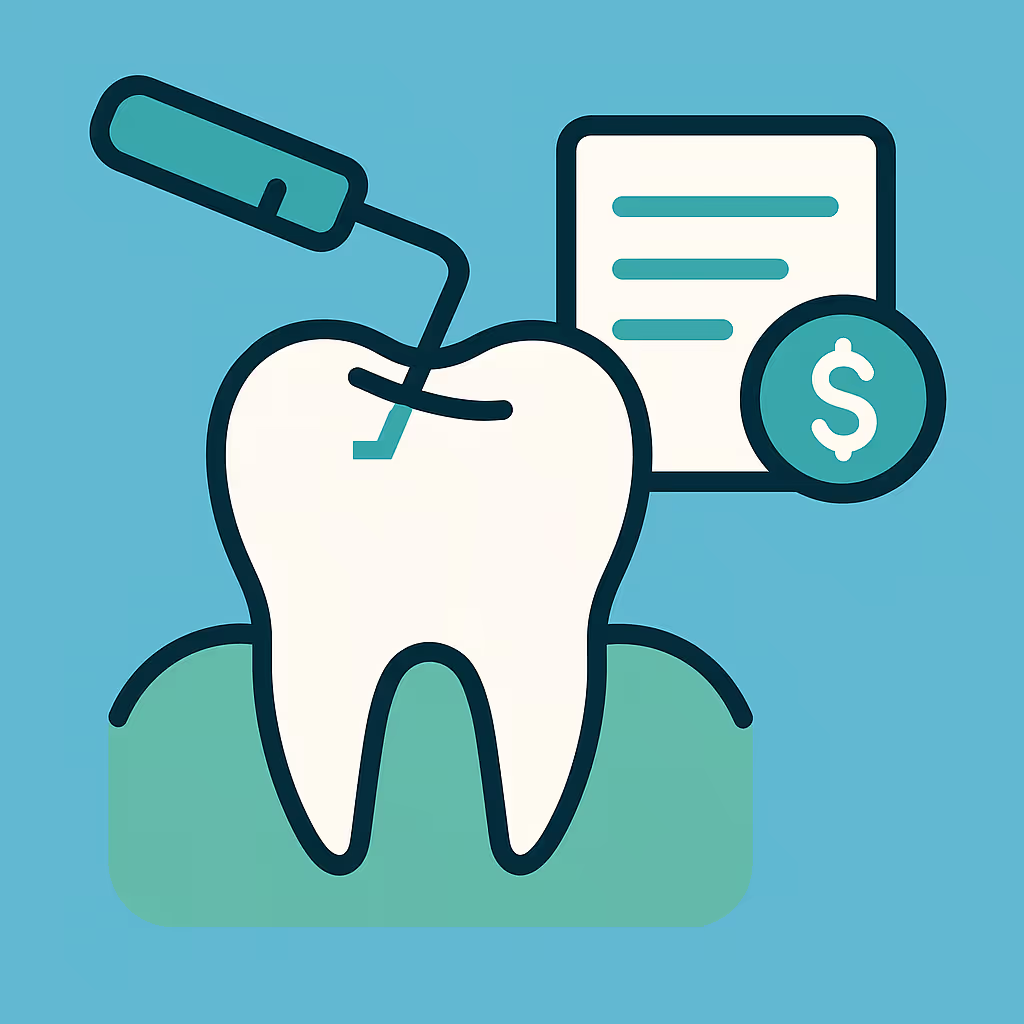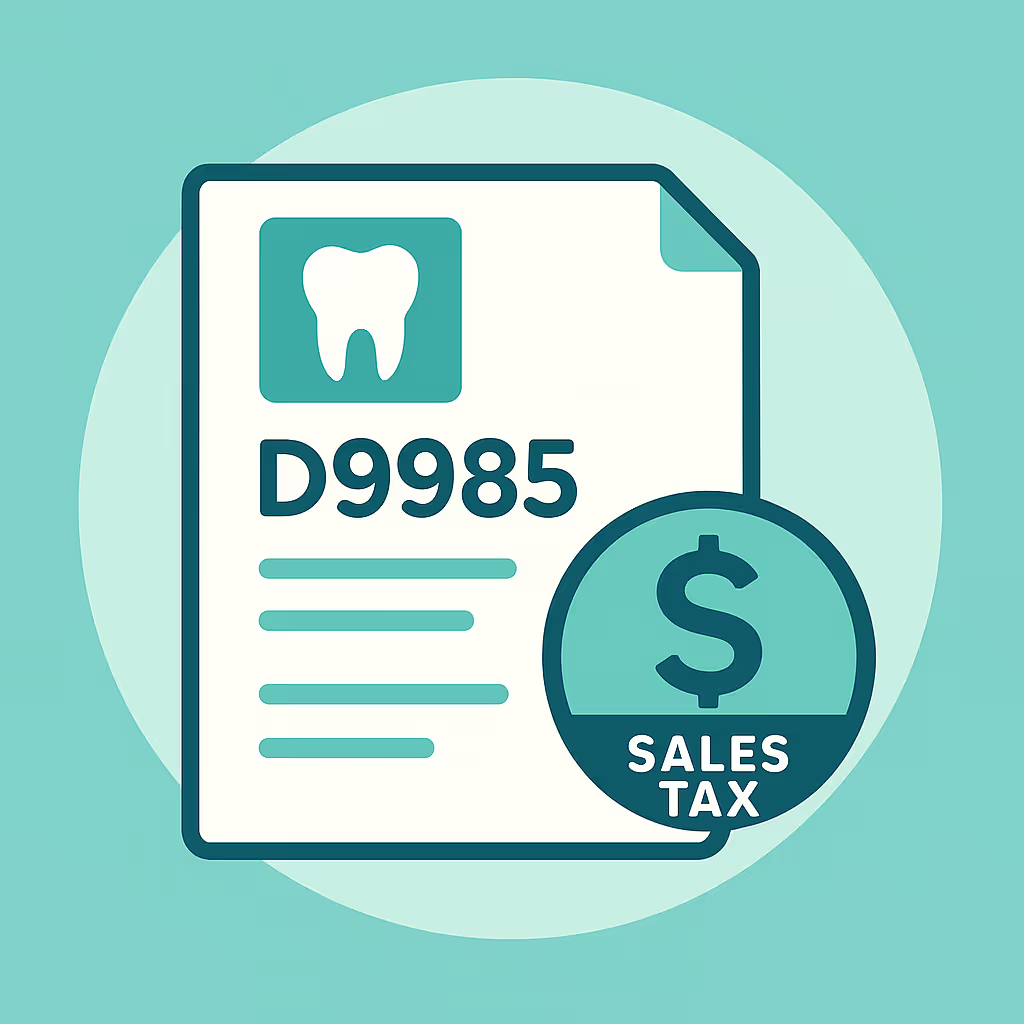Understanding Dental Code D9920
When to Use D9920 dental code
The D9920 dental code, officially titled "Behavior management, by report," is used when a patient’s behavior requires extra time, attention, or additional personnel to safely provide dental treatment. This code is most appropriate for patients who, due to age, disability, anxiety, or other behavioral challenges, cannot be managed with routine techniques. D9920 is not intended for routine management of children or patients who simply need reassurance; it is reserved for situations where behavioral issues significantly impact the delivery of care.
Documentation and Clinical Scenarios
Proper documentation is essential when billing D9920. The clinical record should clearly describe the specific behavioral challenges encountered, the interventions used, and the additional time or resources required. For example, note if extra staff were needed to assist, if multiple breaks were taken, or if special communication techniques were employed. Common scenarios include treating children with severe dental anxiety, patients with developmental disabilities, or individuals with medical conditions affecting cooperation. Always document the reason why standard behavior management was insufficient and detail the steps taken to complete the procedure safely.
Insurance Billing Tips
Insurance carriers often scrutinize claims involving D9920, so submitting thorough and accurate documentation is crucial. Attach a detailed narrative to the claim, outlining the patient’s behavioral challenges, the necessity for additional management, and the impact on treatment time. Include supporting notes from the clinical record and, if possible, reference any relevant medical diagnoses. Be prepared for requests for additional information or claim appeals; successful dental offices keep templates for narratives and maintain organized records to expedite the process. Verify coverage for D9920 during insurance verification, as not all plans reimburse for behavior management.
Example Case for D9920
Consider a 7-year-old patient with autism spectrum disorder who requires restorative treatment. Despite using standard behavior guidance techniques, the patient becomes agitated and non-compliant, necessitating the assistance of an additional dental assistant and multiple short breaks to complete the procedure safely. The provider documents the patient’s diagnosis, describes the specific behavioral interventions used, and records the extra time required. This scenario justifies the use of D9920, and the claim is submitted with a comprehensive narrative and supporting documentation, increasing the likelihood of reimbursement.





